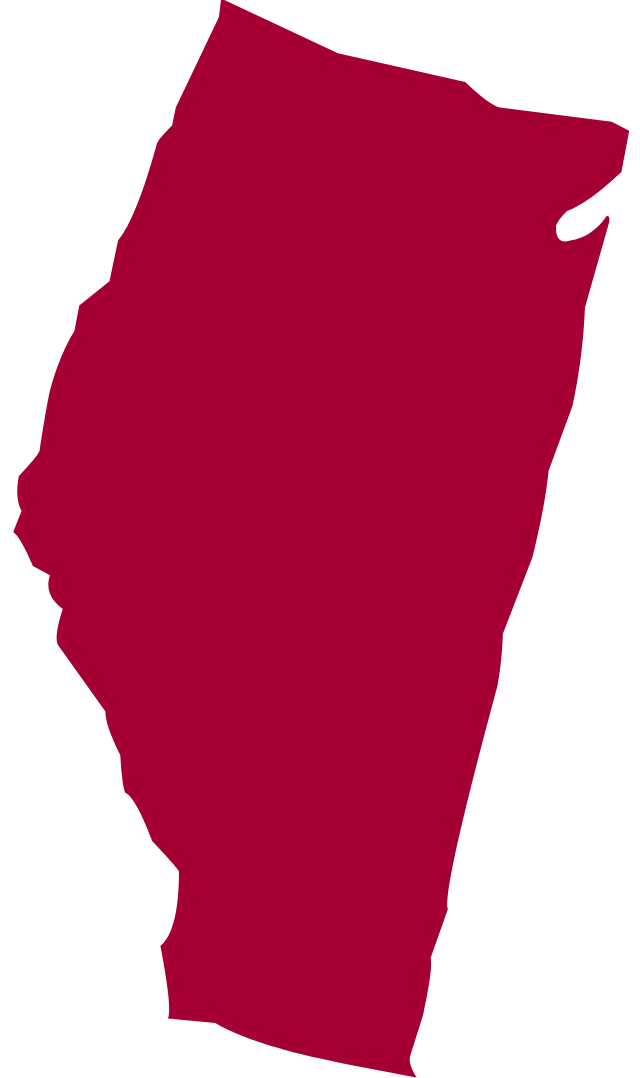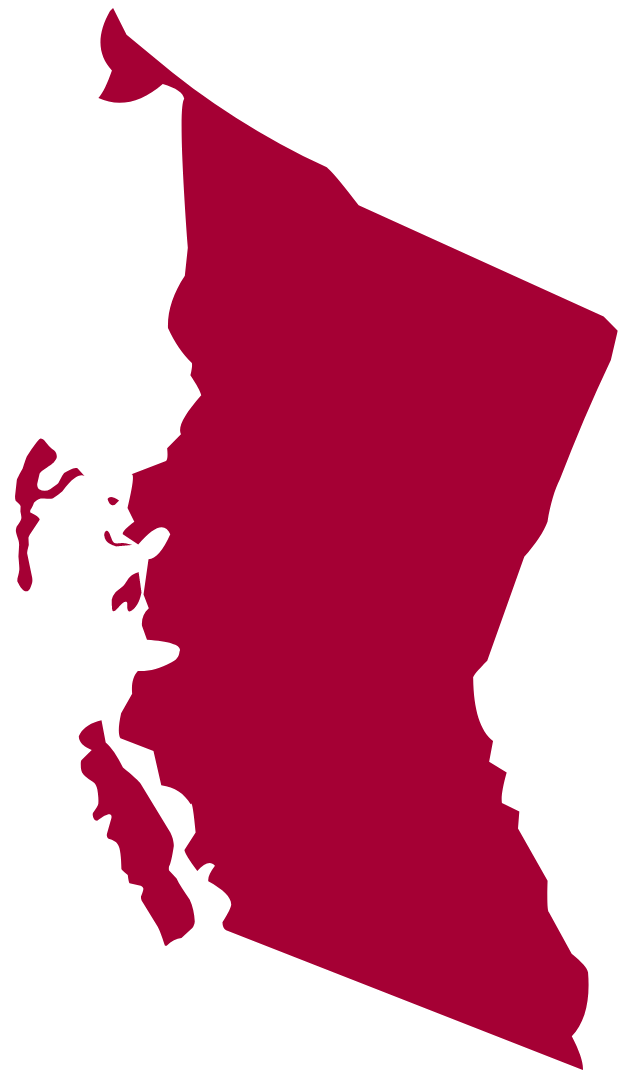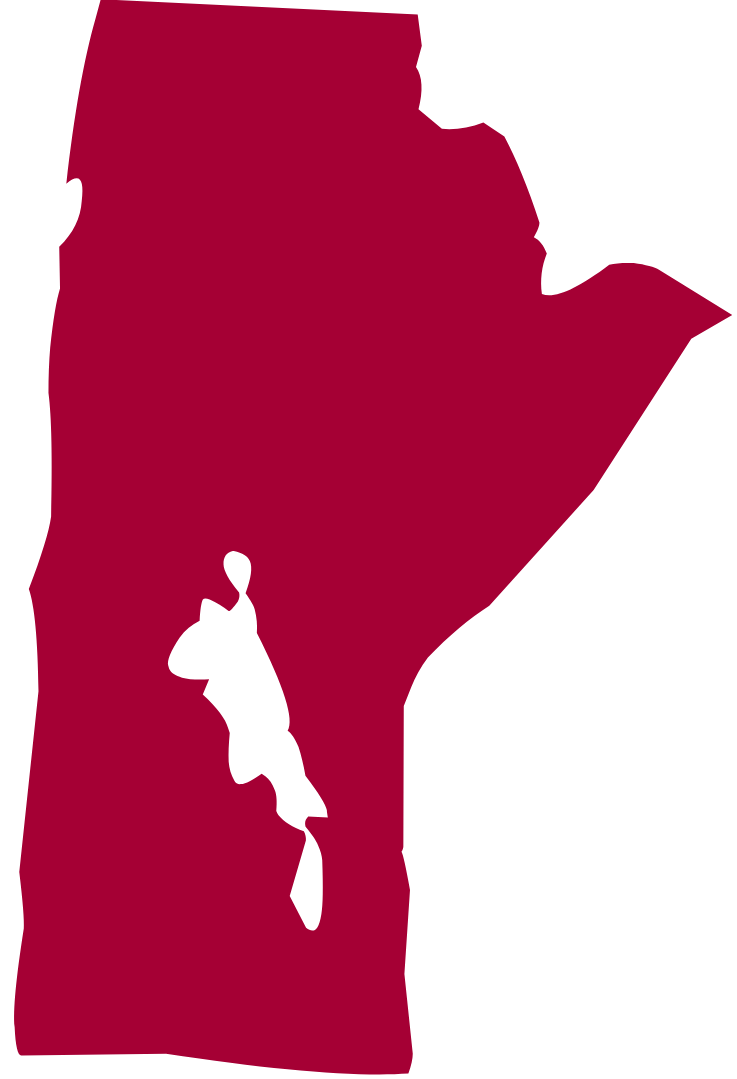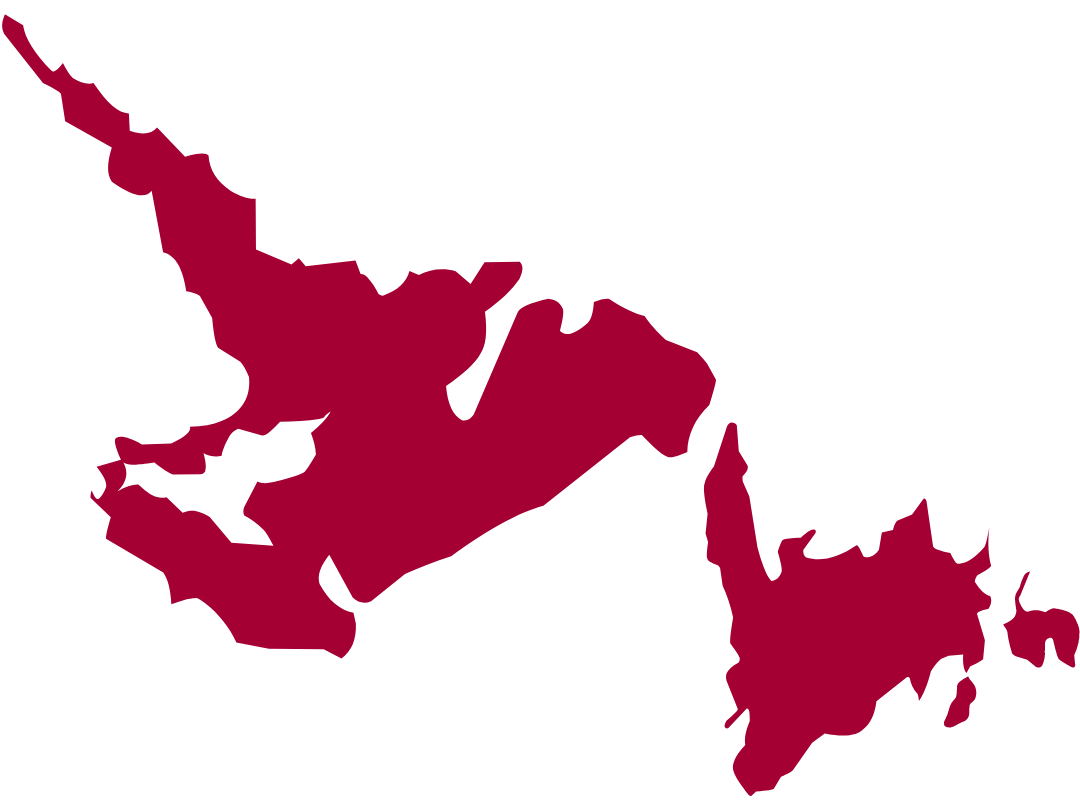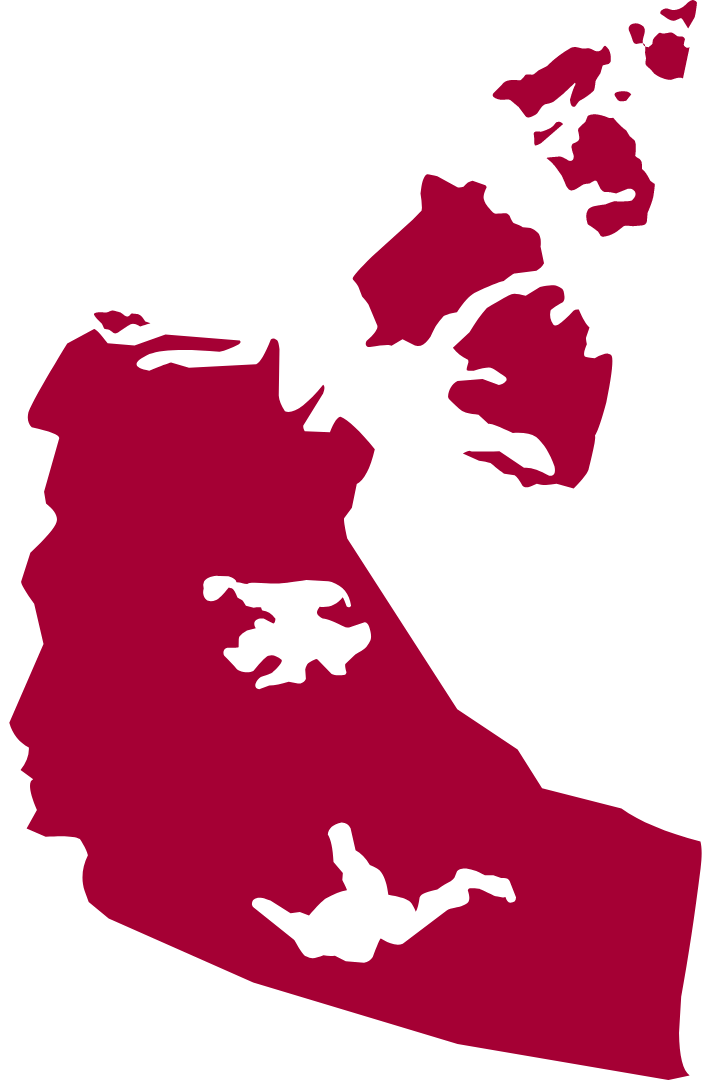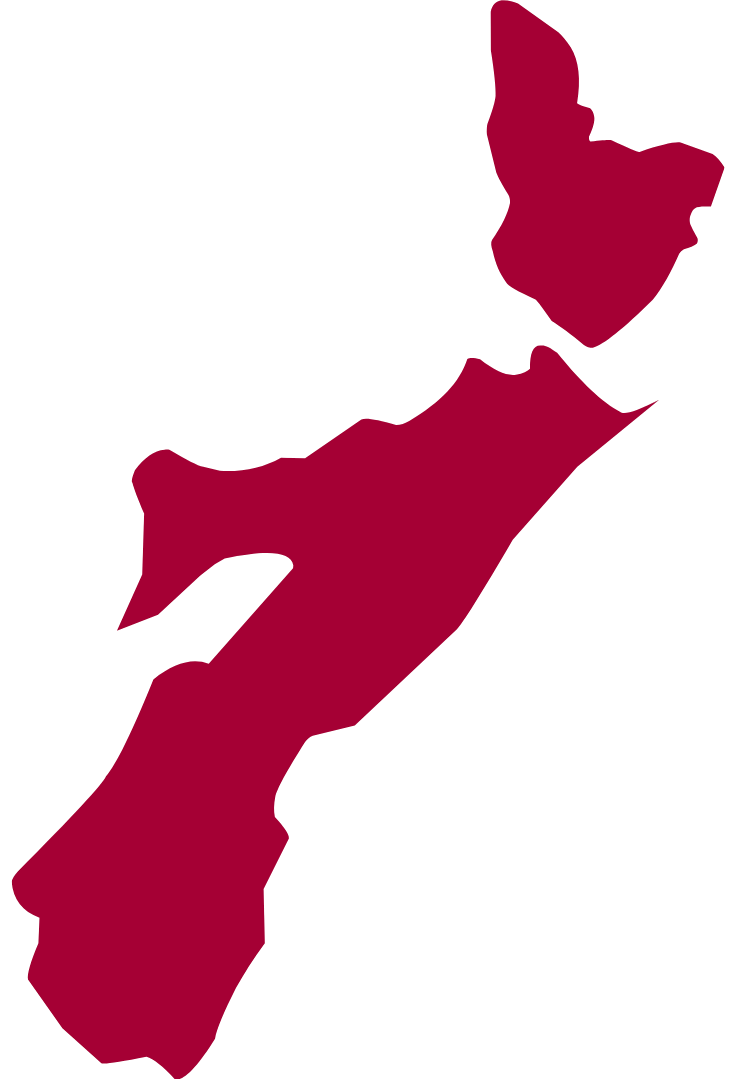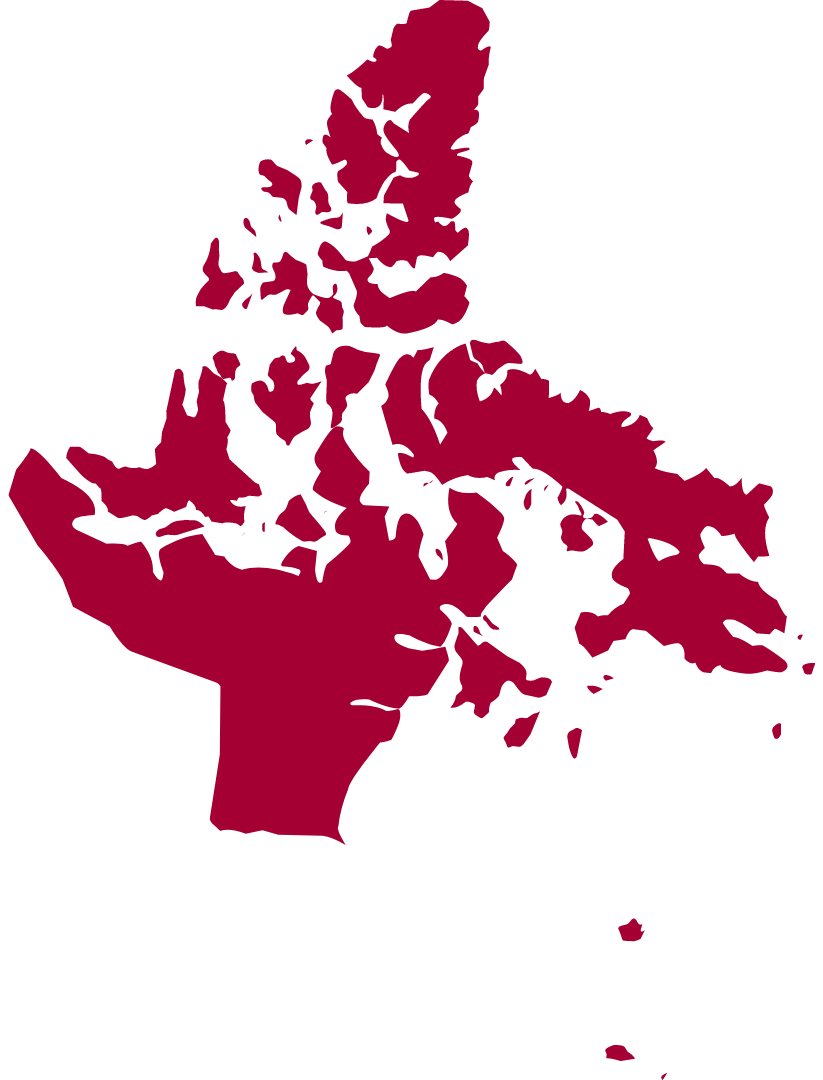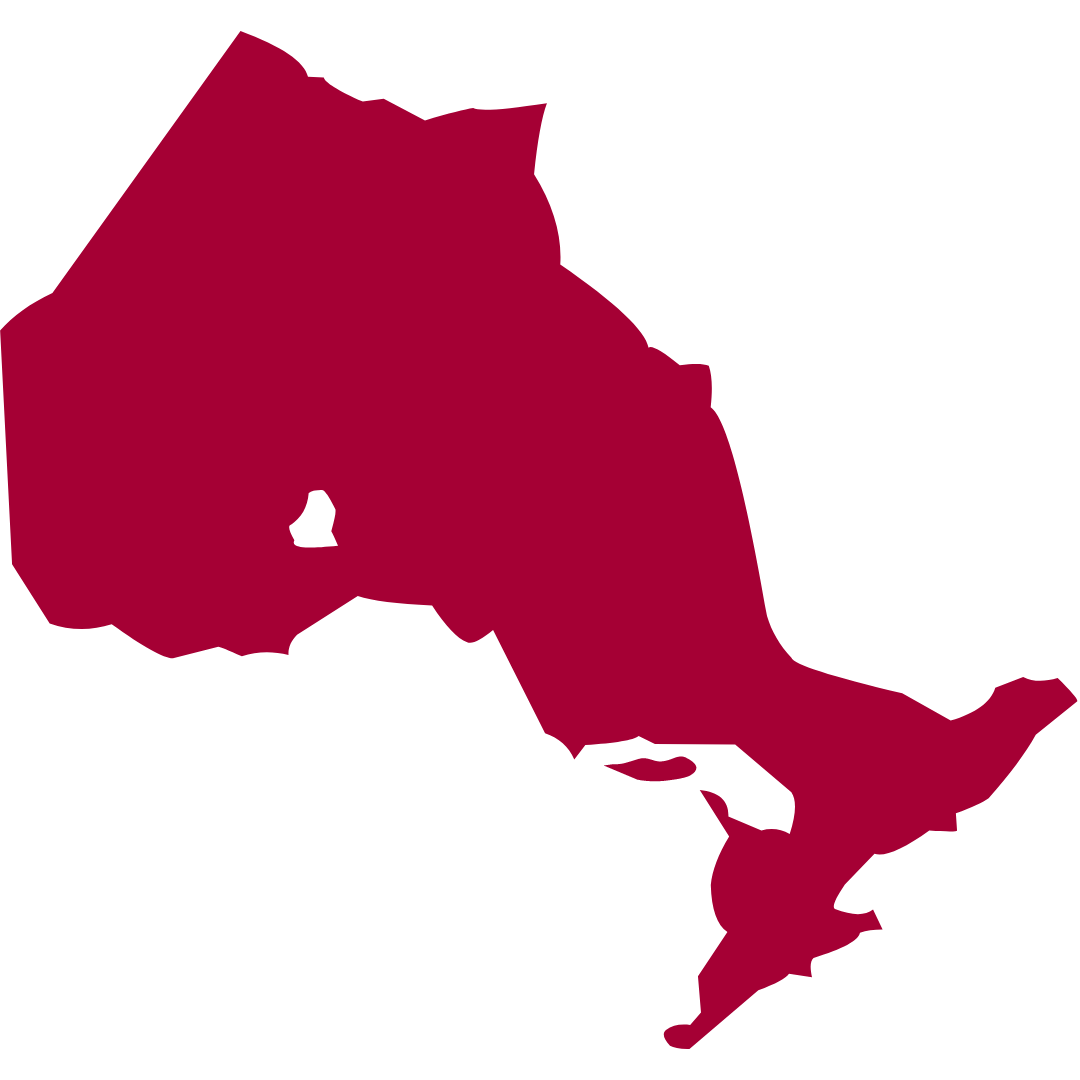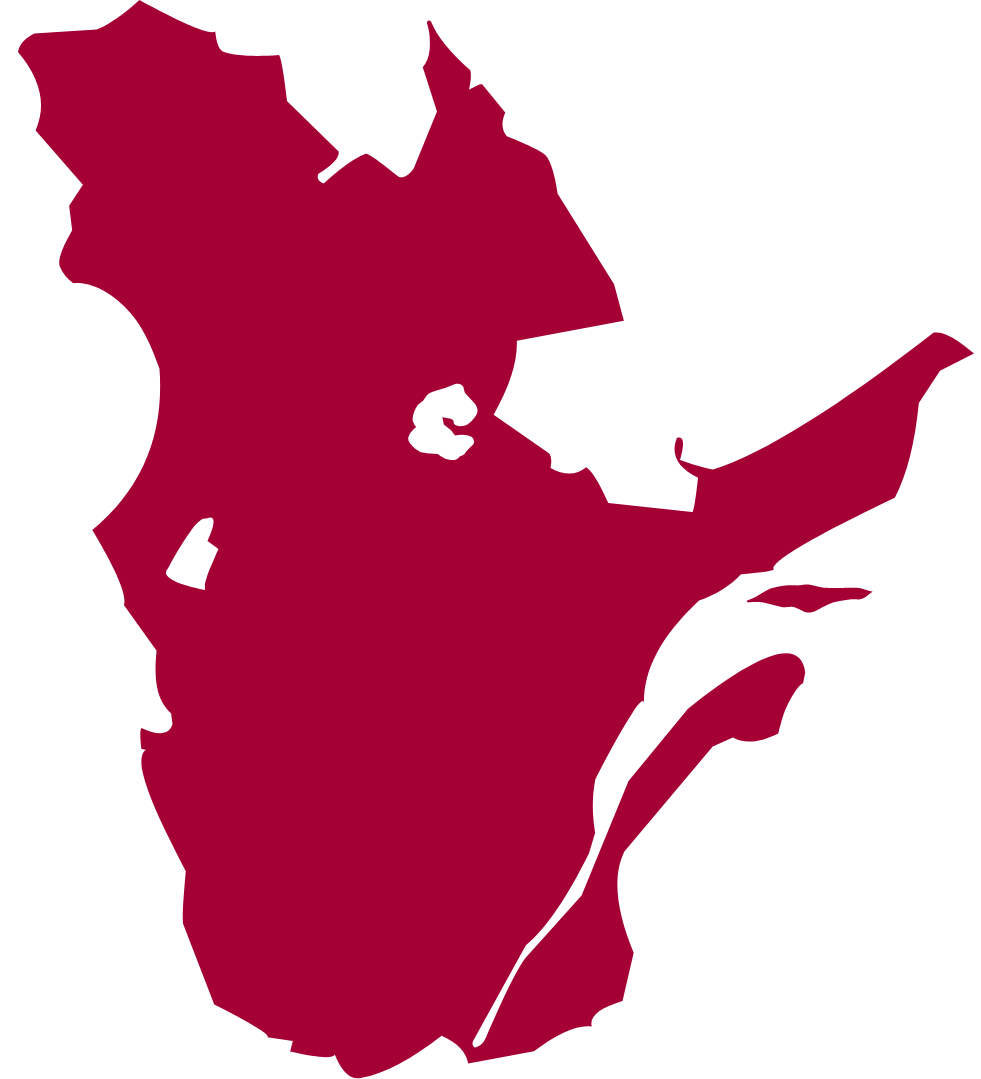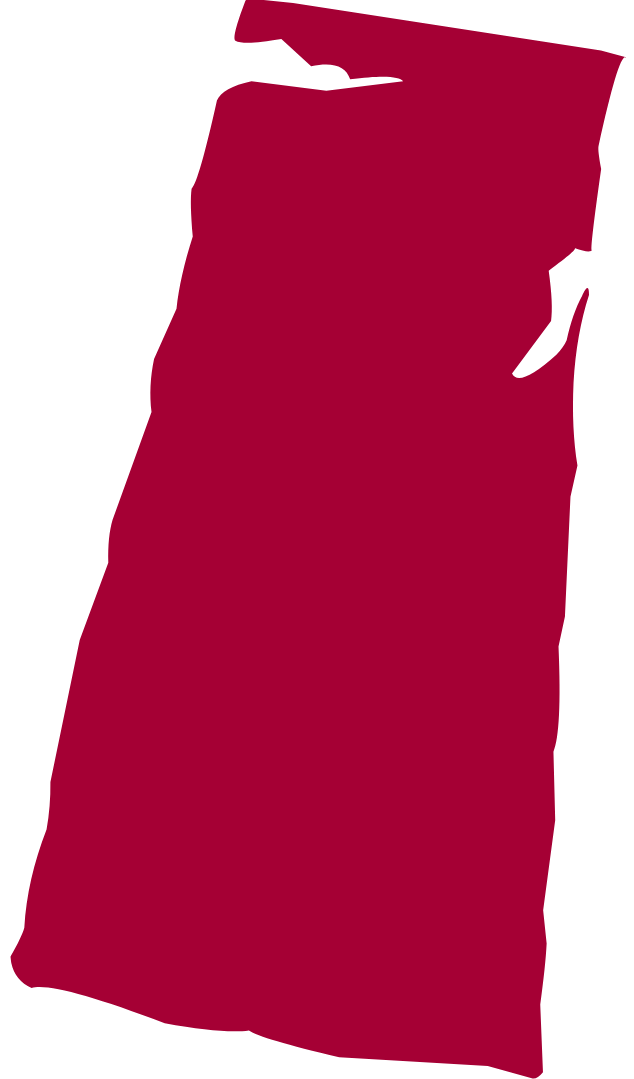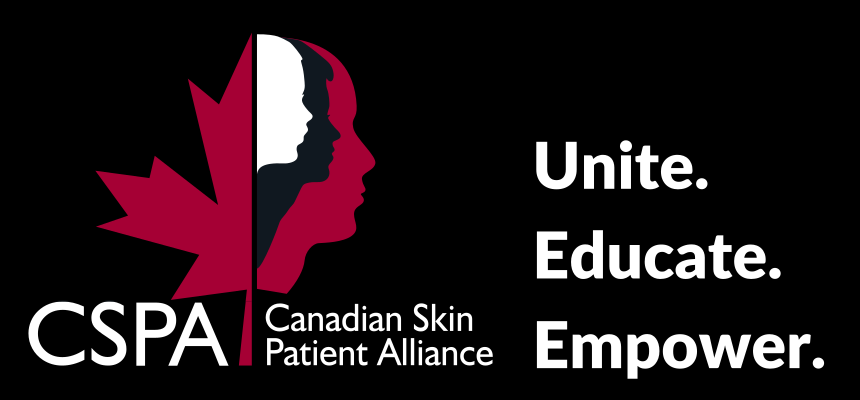Pharmacists across much of Canada can help people impacted by skin, hair, and nail conditions in different ways depending on which province or territory you live in.
Check out our article to learn more about how pharmacists can help you and which conditions they can help treat.
To see if and how pharmacists where you live can prescribe medications, and which types, click on your province or territory below.
Pharmacists have the authority to prescribe for minor ailments, described as health conditions that can be managed with minimal treatment and/or self-care strategies. Additional criteria include: usually a short-term condition, lab results usually not required, low risk of treatment masking underlying conditions, and only minimal or short-term follow-up is required.
Ontario
Prince Edward Island
All pharmacists, under Level 1, can adapt or continue an existing prescription initiated by a practitioner. Additionally, within this category, pharmacists can also prescribe for minor ailments. Level 2 prescribing is an expanded scope of practice for pharmacists and requires a collaborative practice agreement to enact. Depending on the agreement, a pharmacist may initiate a drug, provide therapeutic substitution, or alter a dose and/or dosage regimen.
Saskatchewan
The Yukon government is working to launch a permanent prescribing program for pharmacists. Currently, the a pharmacist licensed in Yukon can do the following: extend existing prescriptions on all prescription drugs, including controlled substances, up to a maximum of two times; - extend or modify prescriptions for controlled substances such as methadone, when needed in emergency situations; -transfer controlled substance prescriptions within and outside the Yukon; - accept a prescribers verbal order to extend or refill a prescription for controlled substances; and - deliver, along with their delegates, controlled substances in accordance with the Controlled Drugs and Substances Act.


